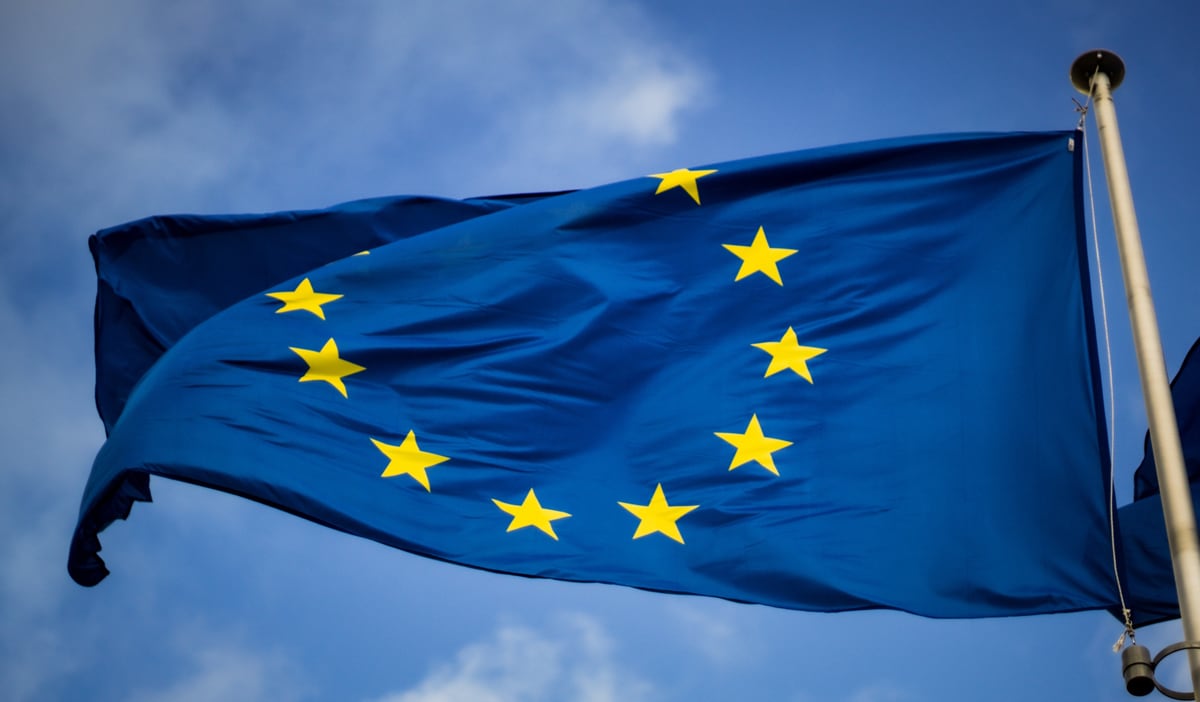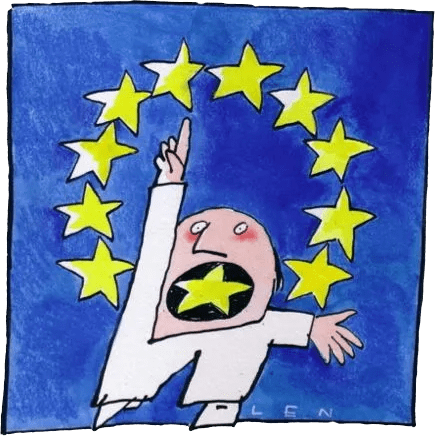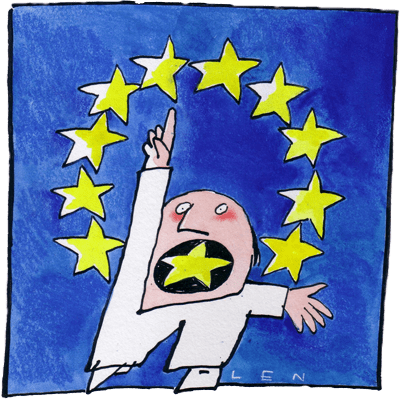
In the framework of the reform of the European Citizens Initiative („ECI“), one of the major issues was that only few citizens initiatives were able to gain support of a million Union citizens (see page 6 f. of the explanatory memorandum of the proposal for a regulation of the European Parliament and of the Council on the European Citizens‘ Initiative, COM(2017) 482 final). As at 31 Mai 2019, the European Commission has registered 64 ECIs; only four of them successfully were able to obtain support from more than four million Union citizens. In order to achieve its full potential as a tool to foster debate, the ECI shall become more accessible, less burdensome and easier to use for organisers and supporters and facilitate the participation of as many citizens as possible in the democratic decision-making process of the (see recital 5 of the new ECI-regulation)
In this regard, the ECI-regulation recommands in particular to the Member States to set the minimum age for supporting an initiative at 16 years. In our view, it is of great importance that the Member States follow this recommandation, where this is not already the case. More than ever, the EU needs support from the citizens. The involvement of as many citizens as possible in the democratic life of the European Union is the key to achieve this aim. The possibility to support an initiative would allow to introduce young people to European politics and raise their interest. Studies show that people who are politically active are more likely to get politically involved again. In this way, it also may be possible to raise voter turnout at the European elections, which has been very low in the past in particular among young people. The ECI also would be very attractive for young people due to its digital dimension. Young people can be reached best via the internet and studies have evidenced that online-petitions are one of the most important forms of participation for young people, by far more important than membership in political parties or other political organizations (see e.g. Shell-Jugenstudie 2015). Political involvement of young people is also a question of generational equity. Since they will primarily have to bear the consequences of climate change, environmental pollution etc, it is indispensable to include the young generations in the decision-making processes.
The dispositions of EU primary law also indicate that the ECI should be made accessible to as many Union citizens as possible. According to Article 10 (3) TEU, every citizen shall have the right to participate in the democratic life of the Union. Furthermore, the Treaties stipulate that decisions on EU-level shall be taken as openly and as closely as possible to the citizen (see the preamble of the Treaty of the European Union, Article 1 (2) TEU and Article 10 (3) TEU). This implies inter alia that the citizens of the Union may be able to follow the decision-making processes on EU-level and that their interests and needs are included in the decision making. Eventually, the Charter of Fundamental Rights of the European Union provides that the views of the children shall be taken into consideration on matters which concern them in accordance with their age and maturity (see Article 24 (1) CFR). This disposition is identical with Article 12 UN-Convention on the Rights of the Child.
Furthermore, it makes no sense to refer to the minimum age for the elections to the European Parliament, since ECIs and elections are fundamentally different institutions.In particular, the ECI is not legally binding. In case „One of Us“, the General Court made clear that the Commission is not obliged to submit a legislative proposal on a successful ECI (GC, 23 April 2018, Case T-561/14, EU:T:2018:210, One of Us, para. 103 ff.). The ECI is solely an agenda-setting instrument, which obliges the Commission to provide reasons for not taking action in case it refuses to submit a legislative proposal (see Article 10 (1) (c) of regulation (EU) No 211/2011 and Article 15 (2) of regulation (EU) 2019/788). In that respect, the ECI is more similar,to the right to petition (see ECJ, 5 September 2018, case C-717/17 P (I), EU:C:2018:691,Minority SafePack, para. 30). However, the right to petition foreseen in Article 44 CFR does not provide for any minimum age.
Against this background, we would very much appreciate if all the Member States of the European Union could set the minimum age for supporting an initiative at 16 years.
For our official letter to the German authorities click here.
For questions and more background please consult:
Carsten Berg
Director
The ECI Campaign
European Citizens’ Initiative e.V.
berg@citizens-initiative.eu
www.citizens-initiative.eu
T: +49-761-48806364
M: +49-1764-3064365

